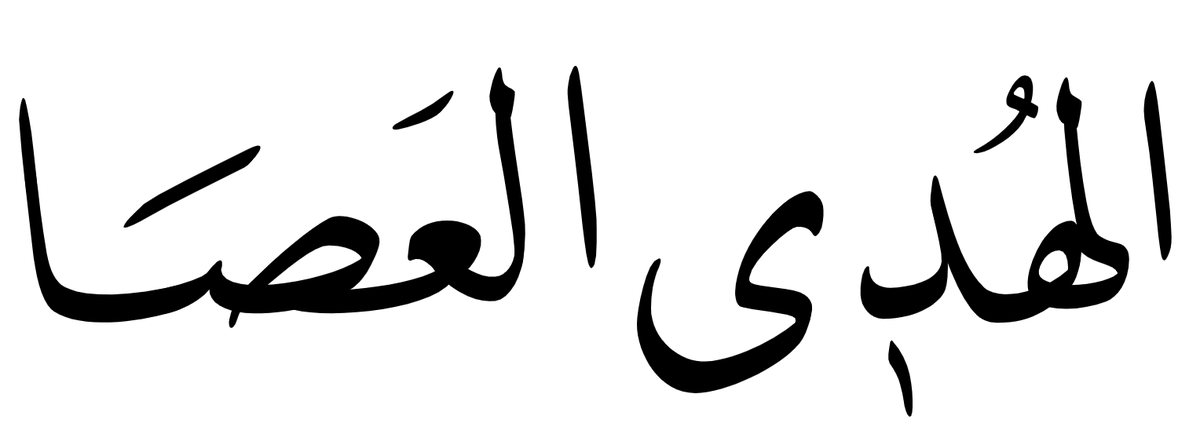
@AlCabbage045 @SWANA_Heat @azforeman Sure, Classical Arabic was a thing way before colonialism. But I do think you can make a case that expectations of modernism clashing with the existing diglossia have massively exacerbated the problem.
In the Middle Ages Classical Arabic was for a specific learned class.
In the Middle Ages Classical Arabic was for a specific learned class.
@AlCabbage045 @SWANA_Heat @azforeman And that didn't even necessarily include all those who were literate. There why "Middle Arabic" as "the stage between old and new arabic" and "the stage between low and high arabic" get mixed up. In the middle ages non-use of Classical Arabic in writing was somehow more typical.
@AlCabbage045 @SWANA_Heat @azforeman As nationalism as a concept developed, and the idea of a monolithic 'standard language', which due to the sociolinguistics couldn't be anything but the language that up until then was reserved for the highest of the highest worldwide religious elite, really made things difficult.
@AlCabbage045 @SWANA_Heat @azforeman As social media gains more ground, this stuff is probably going to become untenable at some point and some middle point is going to be found... but we'll see.
• • •
Missing some Tweet in this thread? You can try to
force a refresh







